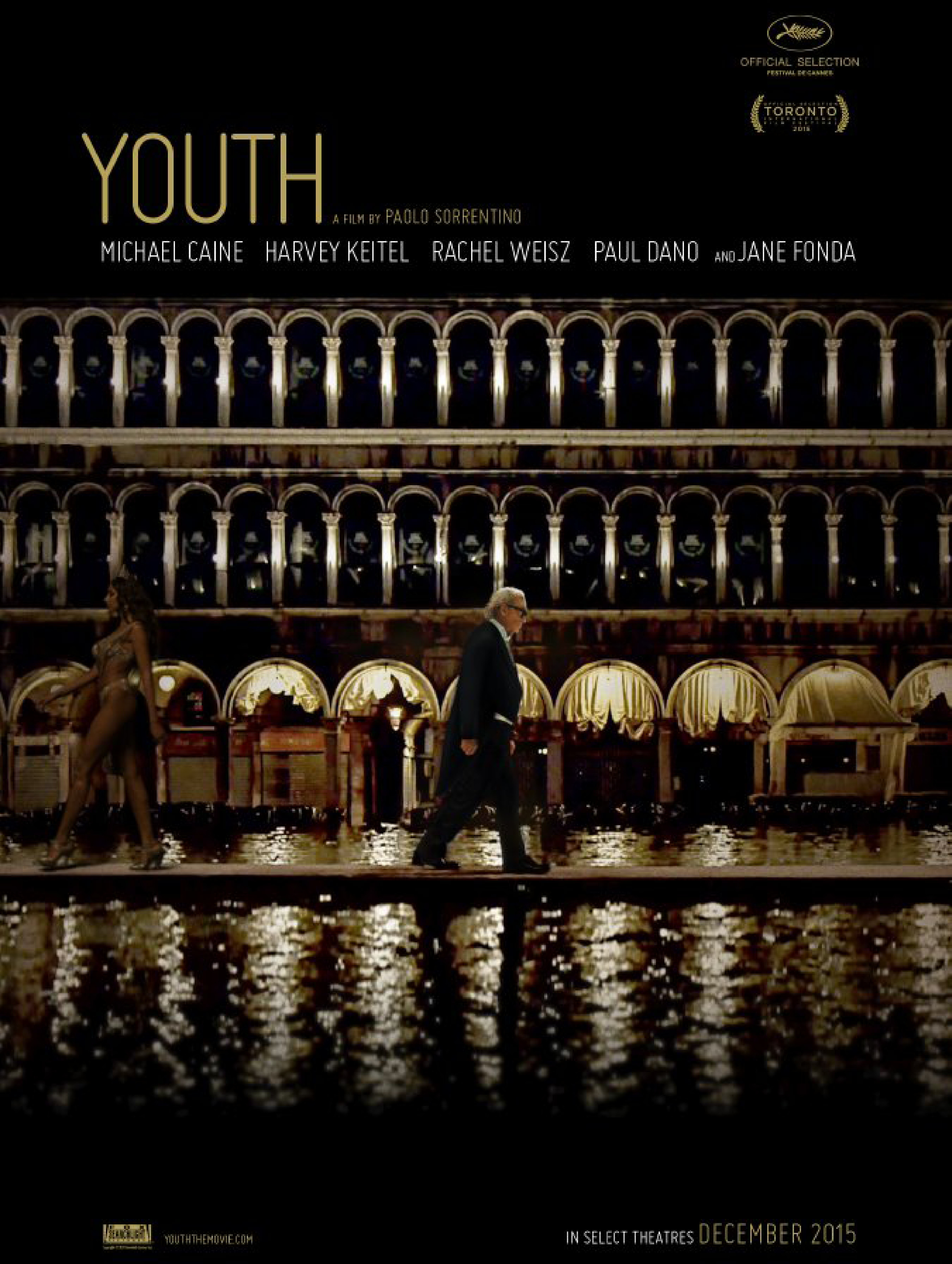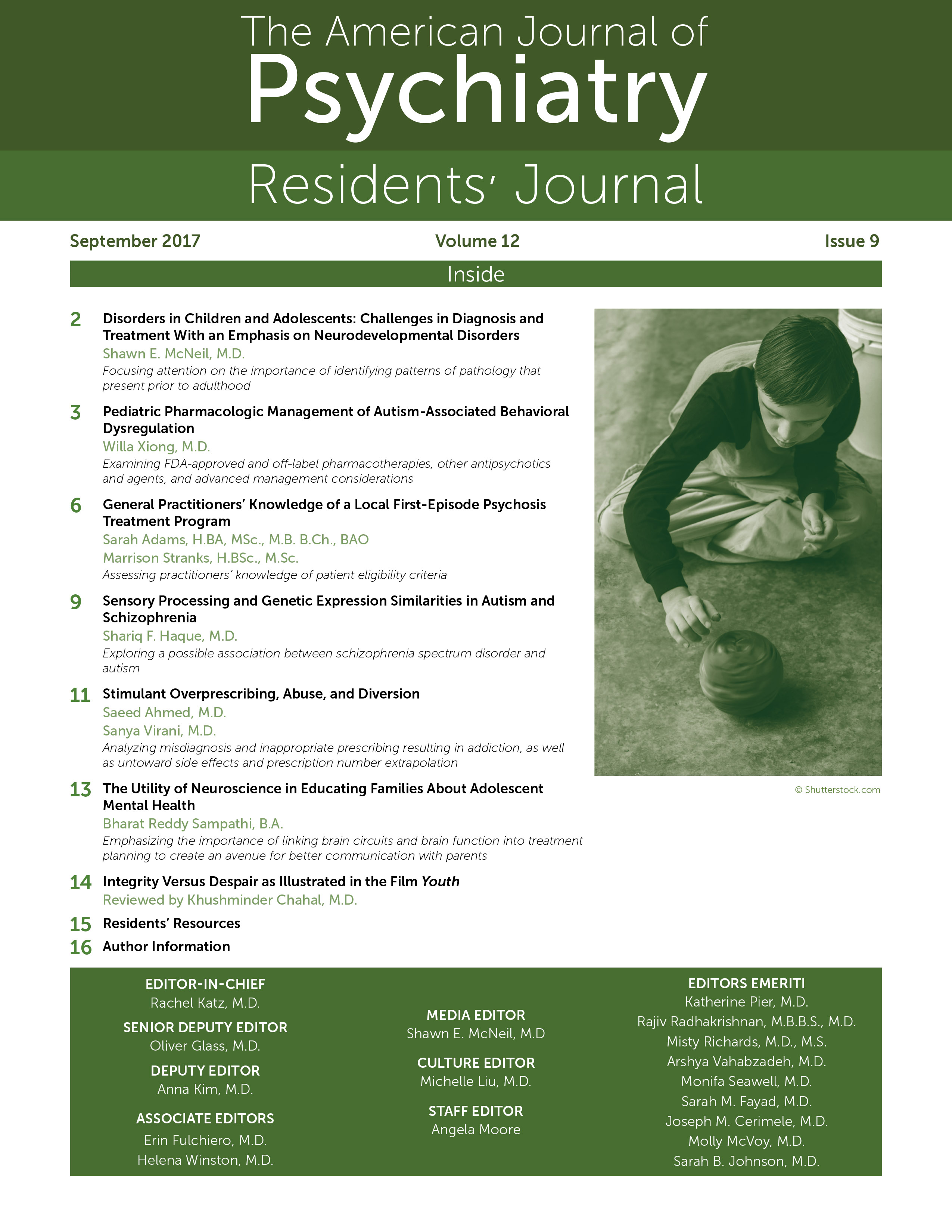Youth follows the summer stay at a spa resort in the Swiss Alps of two best friends. In old age, the two men now find their conversations oscillating between good memories and bad realities. This contrast between what was and what could be drives the narrative for many of the film’s characters. The spa serves as a “transitional space”—Donald Winnicott’s idea that there exists a potential space between the self and other within which one can navigate between the inner and outer worlds (
1). And it is within this space that each character finds themselves struggling with some dilemma regarding their integrity, which is Erik Erikson’s final psychosocial stage of development. Erikson theorized eight psychosocial stages of development (
2). One must successfully resolve the central conflict of each to move onto the next. The final of these stages is that of integrity versus despair (
2,
3). The pursuit of integrity consists of an individual accepting responsibility for all that he or she has done in life and achieving satisfaction with him- or herself. The inability to do so results in despair. This struggle is represented best in the two main characters, as Fred represents successful attainment of integrity, while Mick represents despair.
Fred is a retired composer. He has declined to perform his songs for the Queen. We are unsure why. However, we become aware that it is due to unresolved personal conflicts. His daughter reveals to him that she is aware of all of his extramarital activities. We discover that his wife was the only one who sang his songs, but she now suffers from dementia. Fred is able to work through these conflicts and accept responsibility for his life. The result is attainment of integrity, which is represented in the closing scene of the film with Fred’s triumphant performance for the Queen.
Mick is a film writer and is working with his team to complete the script he hopes will define his career, entitled “Life’s Last Day.” He battles over what the main character’s last words will be while on his death bed. The need for perfection of these words before his death mirrors Mick’s need for perfection before his inevitable end. His integrity is threatened when the lead of the script resigns and tells Mick he doesn’t have the level of skill he once had. With this last attempt of integrity crushed, Mick succumbs to his despair and steps off the balcony to his death.
This film illustrates well this psychosocial phase and would be of great utility to mental health providers in attempting to understand the mental landscape of our elderly population. With an aging population, such mental conflict is likely to present itself often in the clinical setting. Viewing this experience from the patient’s perspective sets the stage for empathy.

